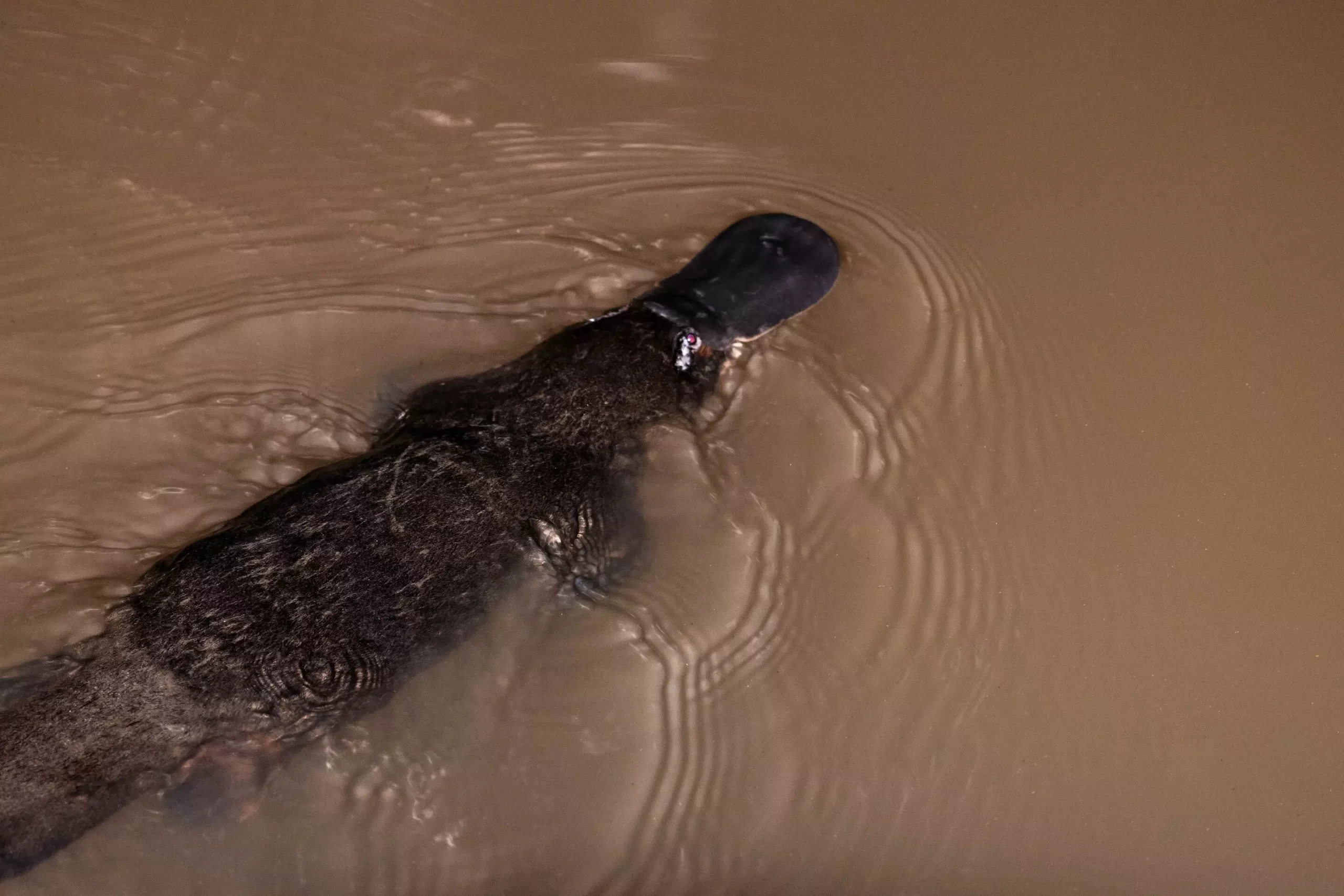A recent study conducted by researchers at Western Sydney University has brought to light the alarming presence of PFOS (perfluorooctane sulfonate) chemical contamination in the livers of deceased platypuses across eastern New South Wales. The study, which was published in Environmental Science and Pollution Research, analyzed liver samples from nine deceased platypuses collected over a two-and-a-half-year period. Lead researcher Katherine Warwick, a Ph.D. candidate from Western Sydney University’s School of Science, expressed shock at the levels of PFOS detected in the samples.
The research revealed that all eight platypuses from the wild exhibited concentrations of PFOS ranging from 4 micrograms per kilogram to a staggering 1,200 micrograms per kilogram. This discovery challenges the initial belief that PFOS contamination in aquatic environments was limited. Ms. Warwick confessed, “I thought we would find PFOS in one or two platypuses in low doses, so it was shocking to find it in all the wild platypuses.”
Platypuses, being top-order predators that provide valuable environmental insights, are particularly susceptible to the harmful effects of PFOS contamination. Ms. Warwick emphasized the importance of conducting further research to understand how platypuses are coming into contact with the PFOS chemical and its sources. She stated, “Even minute traces of PFOS in the water can accumulate to incredibly high levels within platypuses. This is a synthetic chemical that should not be present in the water at all, so any concentration is detrimental to their health.”
The highest concentration of PFOS was found in a platypus from the Hunter River in Maitland, near a recorded PFOS hotspot. Ms. Warwick highlighted the need for additional data to be made available for areas where other platypuses were found. She called on governing bodies to investigate further into the sources of PFOS contamination to protect the health of platypus populations.
Ms. Warwick’s research was supervised by Associate Professor Ian Wright and Dr. Michelle Ryan, both from the School of Science. Associate Professor Wright commended Ms. Warwick and Dr. Ryan for their dedication to studying these sensitive and cryptic creatures. He expressed his pride in Ms. Warwick’s research efforts and the importance of raising awareness about the dangers of PFOS contamination in platypuses.
The findings of this study underscore the urgent need for action to address PFOS contamination in aquatic environments to safeguard the health of platypus populations in New South Wales. It is crucial for governing bodies to prioritize further research and implement measures to mitigate the harmful effects of PFOS on these iconic Australian animals.


Leave a Reply